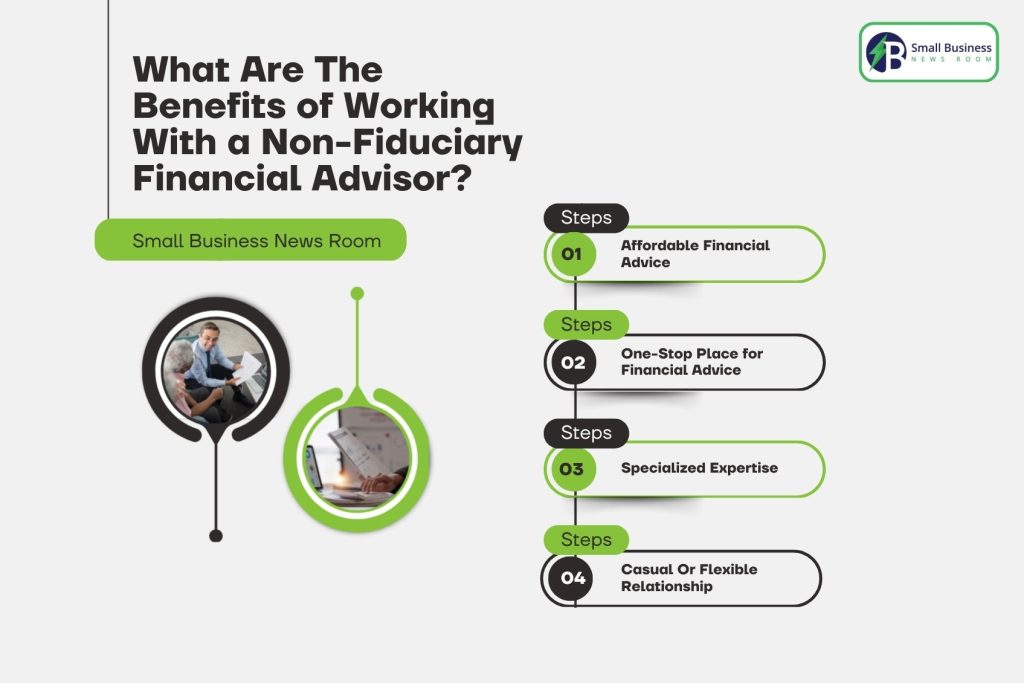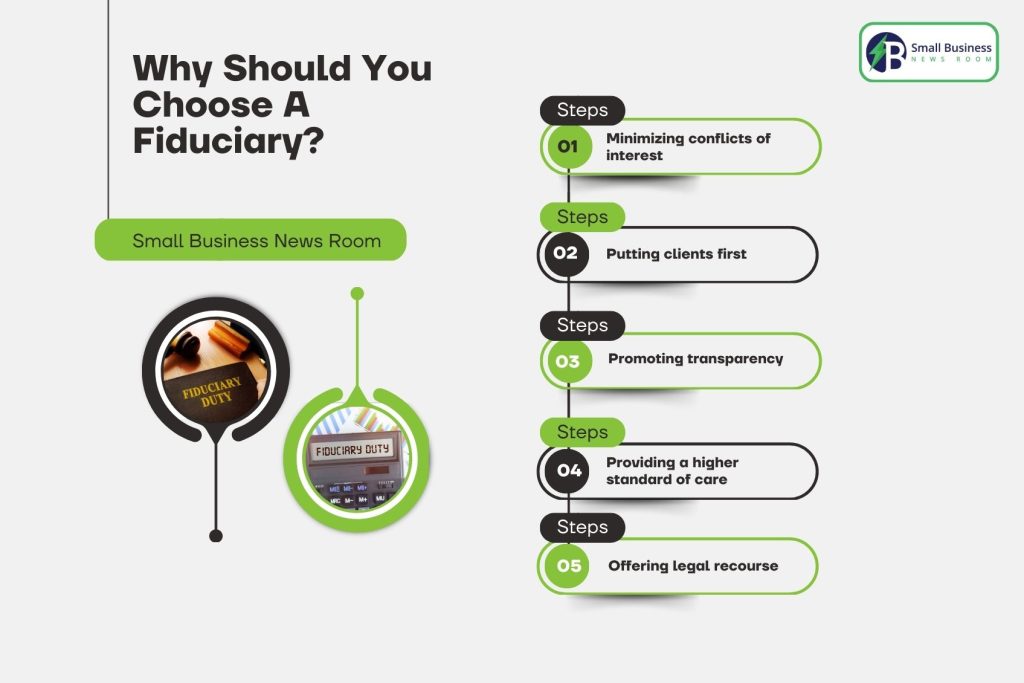Table Of Contents
Can You Really Trust A Non-Fiduciary Financial Advisor?
Last Updated on: September 9th, 2025
A Non-Fiduciary financial advisor is a professional who provides financial advice and services to clients, but it’s important to do your research and understand what type of advisor is right for you.
In this case, we are looking at the difference between a Fiduciary and a non-fiduciary financial advisor.
If you’re someone interested in hiring a financial advisor consider using a retirement financial advisor in Greenville, SC where you’ll receive professional and knowledgeable financial advice from advisors with years of experience under their belts.
You may be confused between fiduciary vs non-fiduciary financial services. Well, first consider what fiduciary mean. So, let’s start.
What Does Fiduciary And Non-Fiduciary Financial Advisor Mean?
A fiduciary is an advisor held in higher regard than any normal advisor. When you are fiduciary, it means you are legally responsible for prioritizing your client’s best interests and goals above your own.
Fiduciary can be a person or organization that works on behalf of another person or persons. Being a fiduciary, the person or organization acts ethically and legally in the other’s best interests.
Now, you may ask what is non-fiduciary? Well, the non-fiduciary meaning is the organization that acts on behalf of you on a commission based or fee-based. Commission-based service or advisor earn their pay when they can sell the product or service to a client. The payment does not come directly from the client.
And a non-fiduciary organization is not an ethical one. They have their own different set of standards.
A non-fiduciary may make recommendations that may not be “suitable” for you or your needs. As a result, it can leave a huge impact on your finances.
What Is A Non-Fiduciary Financial Advisor?

A non-fiduciary financial advisor is a professional who provides financial advice and services to clients without a duty of care or loyalty. This is not legally required to act in the client’s best interests.
Non-fiduciary financial advisors can offer a broad range of financial services, including
- Investment advice,
- Financial planning,
- Insurance, and
- Loan services.
They may work for a financial institution, a bank, a brokerage firm, or as independent contractors.
On this note, we would mention that According to the President’s Council of Economic Advisers, many investors lose up to 1%each year because they get non-fiduciary financial services. In total, that is $17 billion in a year in the U.S.
Therefore, before signing any deal on paper, you must research the non-fiduciary company. How many years have they been doing this service, and how many people get the service? Actually, the difference lies in the possibility between fiduciary and non-fiduciary financial services. Fiduciary servicers always think about the consumer’s sales and targets while very few non-fiduciary companies think about their commission and all that.
What Are The Benefits of Working With a Non-Fiduciary Financial Advisor?

Now, you may think that a non-fiduciary financial advisor is not good. However, it depends on the company or organization that you would choose.
So, let’s learn the benefits.
1. Affordable Financial Advice
Non-Fiduciary financial advisors provide affordable financial advice, which is why a non-fiduciary financial advisor may be a good option, as they may charge lower fees for their services compared to fiduciary advisors.
For a small business, a Non-Fiduciary financial servicer is a solid option. Ensure that you will research the organization and make a discussion before making a final decision.
2. One-Stop Place for Financial Advice
This financial advisor offers a wide range of financial services, including.
- Insurance,
- Loans, and
- Other financial products.
A non-fiduciary financial advisor may be able to provide these services in addition to traditional financial planning and investment advice.
3. Specialized Expertise
If you are looking for financial advice in a specific area, such as retirement planning or estate planning, a non-fiduciary financial advisor may have specialized knowledge and expertise in these areas that could be beneficial.
They assure you to provide the best service with expertise. This flexibility you may not get from Fiduciary Financial service.
4. Casual Or Flexible Relationship
Some clients prefer a more casual or flexible relationship with their financial advisor. They may feel more comfortable working with a non-fiduciary advisor who is not bound by a fiduciary standard.
Thus, you must carefully choose your options. Just do your own research before selecting an advisor, that would help too.
Why Should You Choose A Fiduciary?

Here comes the most important part: why you must choose a fiduciary? The simple answer is that they can help you with unbiased and trustworthy guidance. A fiduciary is legally as well as ethically bound, which allows them to act in your interest.
They place your interest above their own or their firm’s. This further provides you with a great peace of mind while protecting your assets.
So, what are the benefits of choosing a fiduciary? Let’s find out!
- Minimizing conflicts of interest: The fiduciaries are not like the other advisors who might be influenced by commissions on products they sell. They must avoid and disclose any potential conflicts.
- Putting clients first: Their duty of loyalty means their recommendations must prioritize your financial well-being. They should not prioritise their compensation.
- Promoting transparency: Fiduciaries are fully transparent about their fees and all relevant information.
- Providing a higher standard of care: Some financial professionals only need to recommend “suitable” products. However, the fiduciaries are held to a stricter standard of acting prudently and with the utmost integrity.
- Offering legal recourse: If a fiduciary breaches their duty, you have legal grounds to hold them accountable for any damages.
Choose Your Advisor Wisely!
At the end of this article, we can mention that both organizations are good for getting financial advice. You just need to take time to get detailed information about the company before taking service.
Plus, fiduciary financial service asks you to show many papers and documents that can be unnecessary in some cases, while non-fiduciary financial service does not ask you to show any complex paper.














